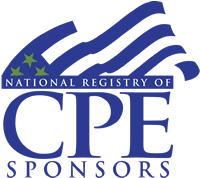
An Interactive 10-Day Training Course
The Complete Course for HR Professionals in Dubai



We regret to inform you that we currently don't have any sessions scheduled for this course.
Please let us know your preferred date and venue, and we'll contact you soon.
This training course is split into the following modules:
Module I - Policy Initiatives to Transform HR
Module II - Performance Management

Yes, upon successful completion of any of our training courses, GLOMACS Certificate will be awarded to the delegates. This certificate is a valuable addition to your professional portfolio and is recognized across various industries.
